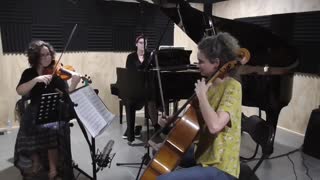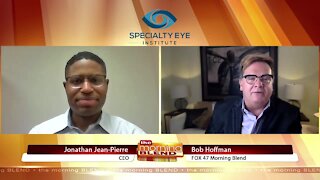Premium Only Content

M*A*S*H - A 1970s wartime comedy teaches the classical liberalism we need-Tom Firey - Cato Institute
The TV series M*A*S*H has often been called “television’s finest half-hour.” The dramedy, set at a U.S. Army field hospital during the Korean War, both tickled the funny bone and tugged at the heartstrings, making it a TV-ratings juggernaut from the early 1970s to the early 1980s. Its 1983 finale, “Goodbye, Farewell, and Amen,” gained a stunning 106 million viewers—a number that current-day Superbowls struggle to reach.
What’s remarkable about the series is how broad its popularity was, especially at a time when the nation was heavily divided over the Vietnam War, the fallout of the 1960s counterculture, the Nixon presidency, and the economic malaise of the 1970s, as well as America’s social evolution from the lefty libertinism of the early 1970s to the Reagan Revolution of the early 1980s. And the show didn’t gain its popularity by ducking controversy; it deliberately seized on social and political issues.
Cato's Regulation Magazine editor will explain how one of the reasons M*A*S*H was popular was because it drew on a set of values respected across the U.S. political spectrum of the time: the values of classical liberalism. The show’s opposition to military adventurism, skepticism of government power, appreciation for the incentives and benefits of the marketplace, and championing of civil liberties gave Americans plenty to unite around. Hopefully, those values can do the same again today.
-
 1:10:45
1:10:45
FREEDOMHUB
1 month agoLiving Energetics: Healing from the Toxic Soup
5871 -
 0:20
0:20
RosieLikesBirdies
4 years agoClassical Piano
289 -
 8:05
8:05
kerimbleizer
4 years ago $2.44 earnedclassical music Beethoven
1.65K1 -
 0:31
0:31
BARSMUS
4 years ago $0.01 earnedClassical Trio
54 -
 2:58
2:58
WSYM
3 years agoSpecialty Eye Institute - 1/4/21
27 -
 8:58
8:58
MIDO2030
4 years ago $0.15 earnedReality comedy
9323 -
 0:15
0:15
DB31965
4 years agoDB3 comedy
811 -
 4:00
4:00
Symphony Of Memories
4 years ago $0.30 earnedRelaxing Classical Music - Nostalgia
2.16K5 -
 0:56
0:56
Nojowi20
4 years ago $0.01 earnedComedy Cuisine Trailer
184 -
 34:50
34:50
BonginoReport
4 hours agoClimate Cult Has No One To Blame But Itself (Ep.116) - 01/10/2025
25.8K38